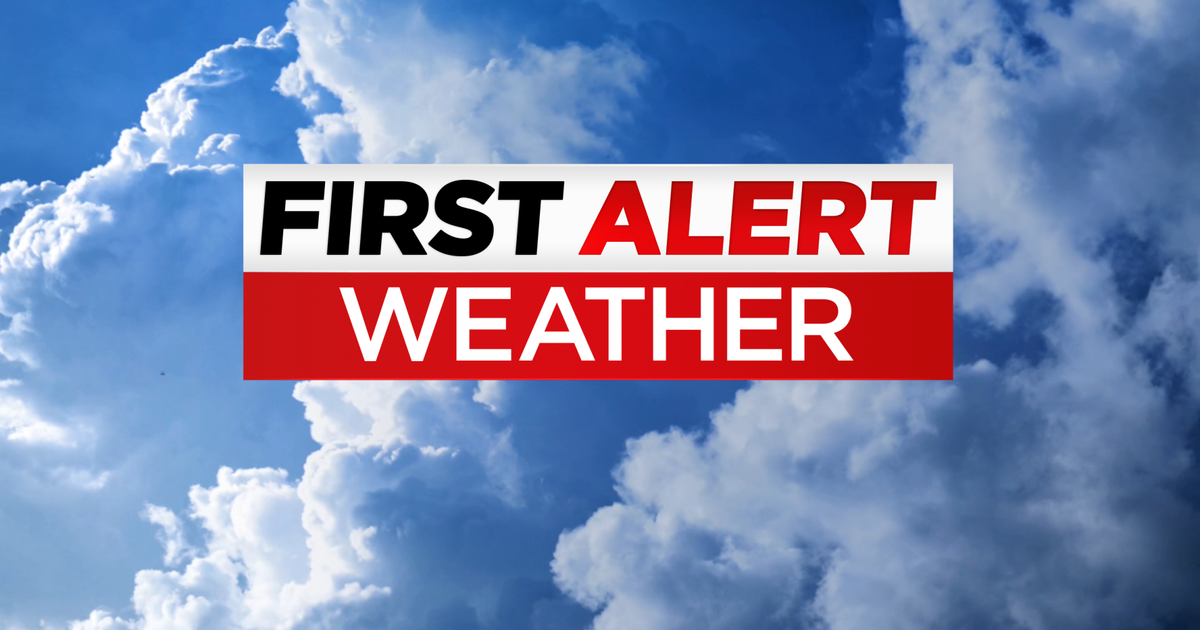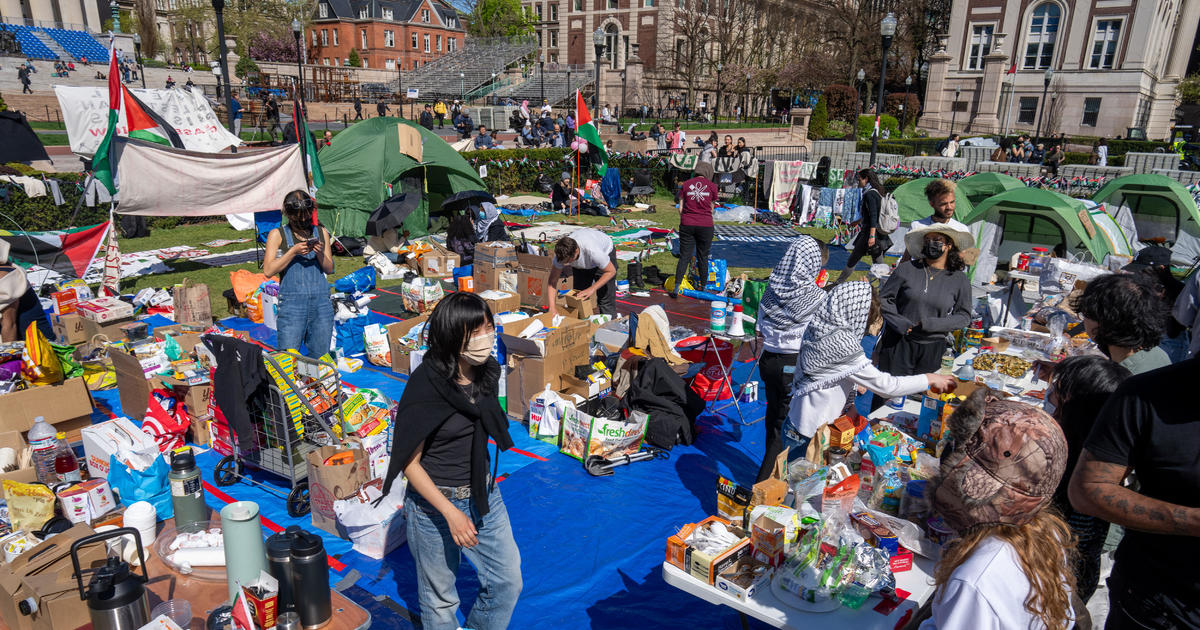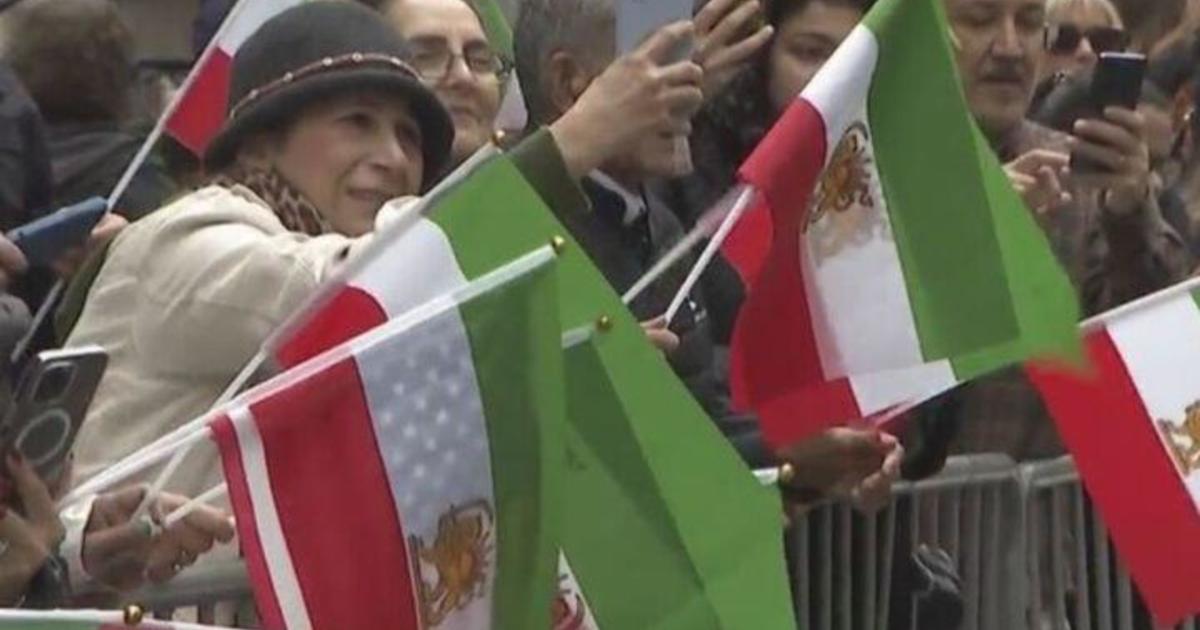Resolution Elusive In Debate Over NY Cigarette Tax
BUFFALO, N.Y. (AP) -- New York's latest attempt to tax lucrative Native American smokeshop sales to non-Indian customers has generated mountains of legal briefs, hours of argument and a seemingly constant flurry of court decisions.
What it hasn't generated is any of the roughly half-million dollars per day in projected state revenue.
Collections were to start Sept. 1, but legal challenges by five of New York's Indian nations have indefinitely delayed them.
"To a large extent, this is not a tax issue, it's a constitutional law issue as to whether or not the state has the right to tax," said Stuart Lazar, a University at Buffalo law professor who specializes in tax issues.
The five Indian nations are pursuing multiple challenges, rather than a single, united one, because each is an independent nation with its own government, priorities and business models to protect, authorities said. The strategy has not only lengthened the legal debate but also has put the state's lawyers in the position of defending the same tax law against multiple, simultaneous attacks, each coming from a different perspective.
The state already has appealed a federal judge's decision in Utica granting the Oneida Nation's request to block the tax collections. State lawyers also have appealed two orders by a federal judge in Buffalo meant to give the Seneca, Cayuga, Unkechaug and St. Regis Mohawk nations time to appeal after he denied their requests to prevent collections.
"The nations want to maintain their sovereignty, and this is part of that whole process," said Don Grinde, an American studies professor at the University at Buffalo.
Each nation has a different set of factual circumstances that have to be considered, said Unkechaug Chief Harry Wallace, whose 400-member Long Island nation sold more than 5 million cartons of tax-free cigarettes in 2009, virtually all to non-tribal members, according to state records.
The Cayuga Nation, meanwhile, operates two stores, both tribally owned, while the Seneca Nation's cigarette economy comprises about 170 stores, most of them independently owned and operated. There are about 30 licensed cigarette retailers on the St. Regis Mohawk's territory, and the Oneida Nation operates a dozen SavOn gas station-convenience stores.
The Native American cigarette business has flourished as New York has increased its cigarette tax to $4.35 per pack -- the highest in the country. Native smokeshops charge about half of the $10 that non-Native convenience stores charge for name-brand cigarettes and even less for brands manufactured on reservations. Taxing non-Indian smokeshop customers will produce $200 million a year in new revenues for the state, officials estimate, at a time of multibillion-dollar budget deficits.
State lawyers say U.S. Supreme Court precedent is on their side, having upheld states' rights to tax non-Native customers as long as the tax doesn't impose more than minimal burdens on tribes.
The New York Association of Convenience Stores, which has fought for years against its tribal competitors' price advantage, has intervened in the lawsuits, supporting the state's arguments.
Ultimately, the issue could return to the U.S. Supreme Court, either through the tribes' federal cases -- which argue the state's plans will impinge on their sovereign right to self government -- or a separate state case brought by a North Country wholesaler and a Seneca businessman.
Some of the biggest players in the tax-free cigarette business, the Seneca and Unkechaug nations, say the state tax would disrupt internal taxing structures, which bring in millions of dollars for member health and education programs. Others point to the jobs tribal members would lose when smokeshops inevitably close.
"Unemployment will likely rise to greater than 80 percent," Unkechaug Chief Wallace said in a sworn affidavit.
The Cayuga Nation would "struggle to exist as a financially viable entity," its court papers say.
Past taxation attempts have led to violent protests, including one in 1997 involving tire fires that forced authorities to shut down a portion of the New York State Thruway that runs through the Seneca Nation's western New York territory.
"You're talking about a huge issue and significant costs," Lazar said. "You've got the $200 million a year on one side and all of the job losses on the other side."
But "it's not just a monetary issue," he said. "There's a lot of emotions, especially with tribal members, about encroachment on their sovereignty."
The Cayuga, Oneida and Unkechaug nations have requested court-supervised mediation to settle the dispute, citing a provision in the new tax law that provides for court-endorsed tax agreements between the nations and state. The state attorney general's office so far has opposed the idea.
"It's our view that this dispute is ill-suited to mediation," Andrew Bing, a state lawyer, told Arcara when the issue was raised by the Unkechaug nation. "Mediation has no reasonable chance to be productive."
(Copyright 2010 by The Associated Press. All Rights Reserved.)



